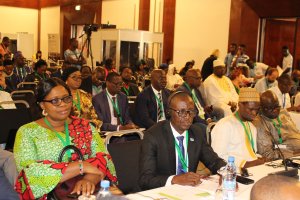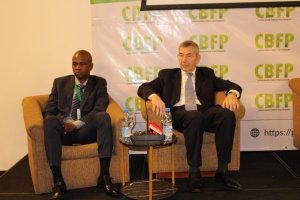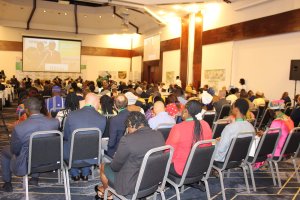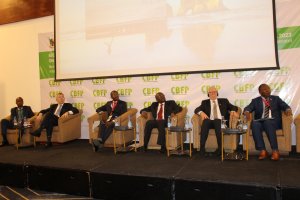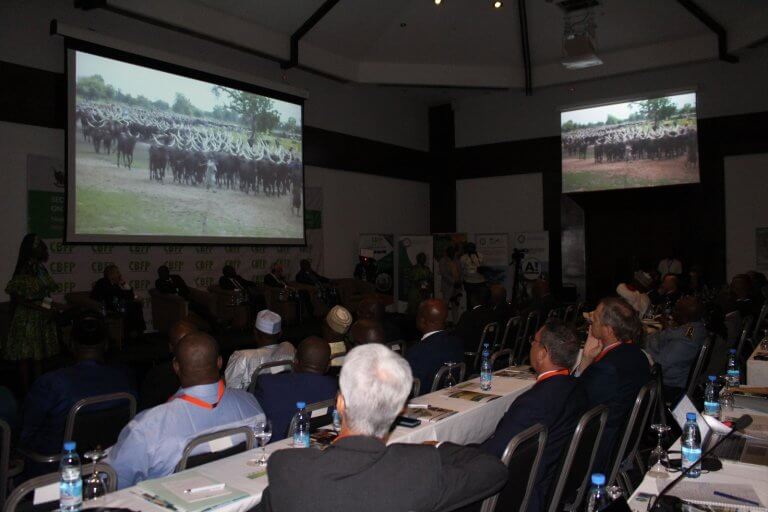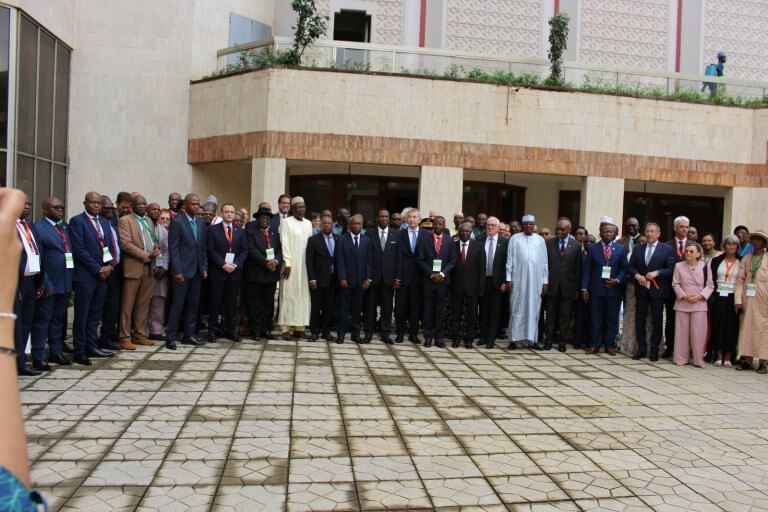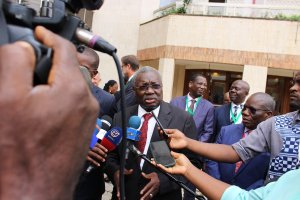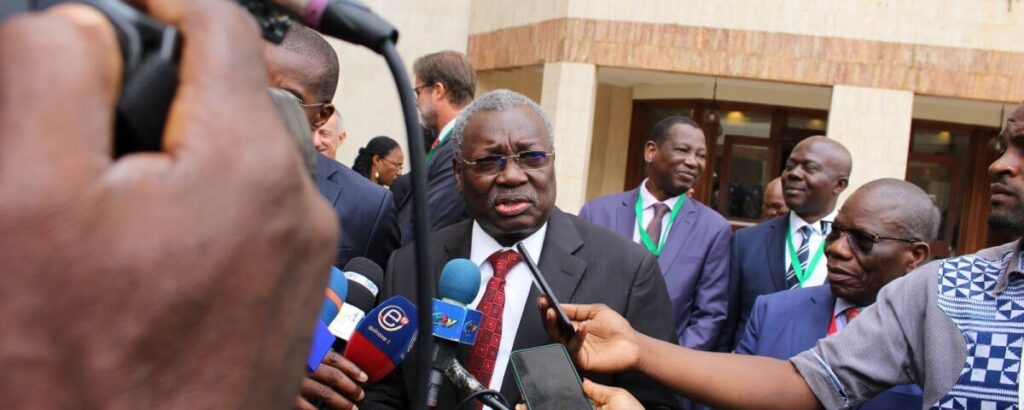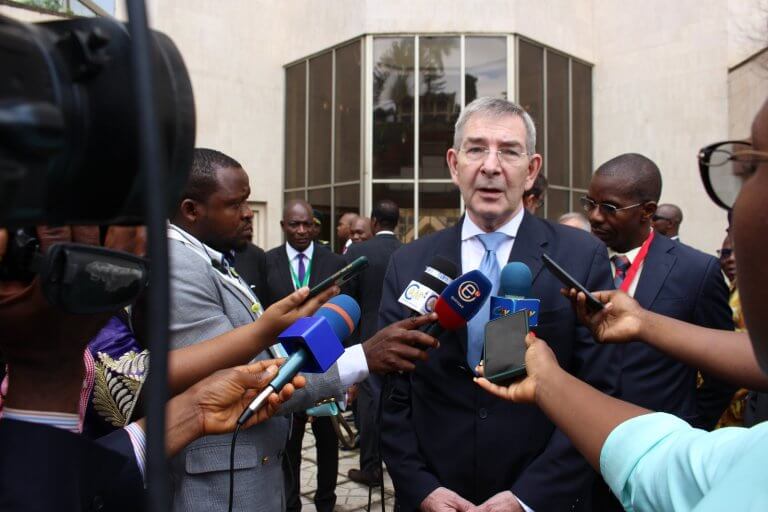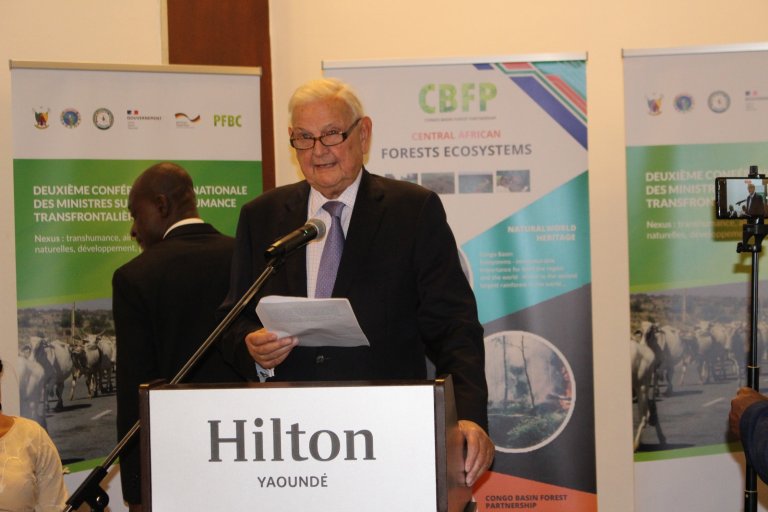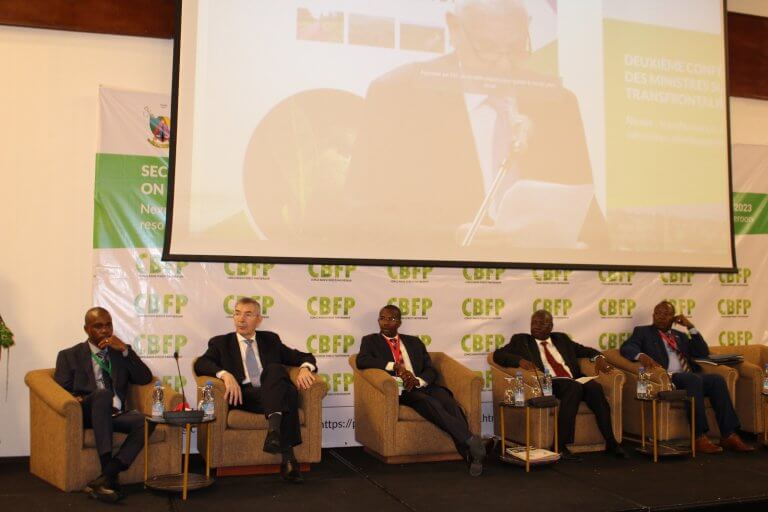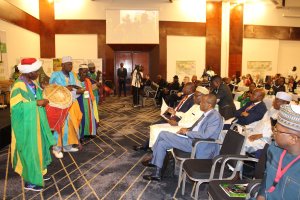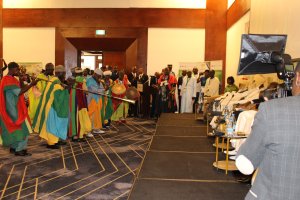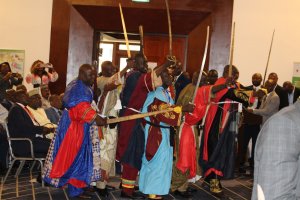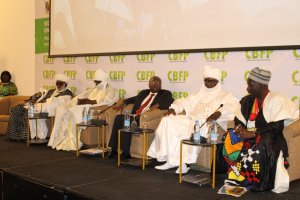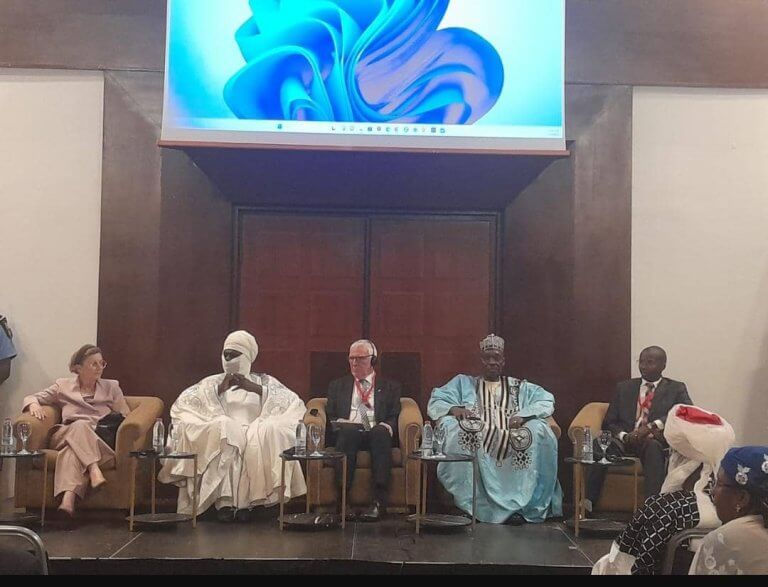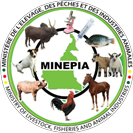2nd INTERNATIONAL CONFERENCE ON CROSS-BORDER TRANSHUMANCE: CAMEROON HOLDS THE WORKS
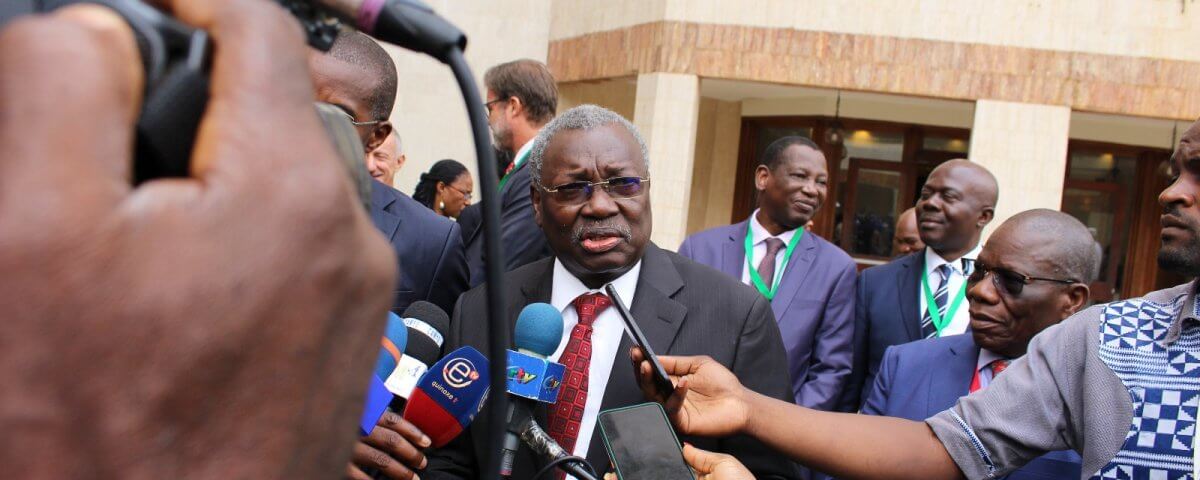
For three days, delegations from the eight (8) countries of the Congo Basin (Niger, Nigeria, Chad, Sudan, Central African Republic, Democratic Republic of Congo, South Sudan and Cameroon), international and community organizations, took part in this second international conference on cross-border transhumance in Yaoundé. The theme of the meeting was “Transhumance, protected areas and natural resources, development, peace and security”.
The aim was to find political and diplomatic strategies for managing cross-border transhumance movements between the Sahel and North Equatorial Africa regions, to find funding for the implementation of investment plans and action plans appropriate to the countries concerned, and to identify priority themes to ensure continuity in the follow-up process to the implementation of the Ndjamena Declaration. More than in the past, this will involve taking into account issues linked to security, the preservation of wildlife and the degradation of ecosystems in the wake of climate change.
Christian Ruck, facilitator of the Congo Basin Forest Partnership (CBFP) on behalf of the Federal Republic of Germany, calls on the countries taking part in the Ndjamena meeting to make good on their commitment to find solutions for better management of cattle breeding between these countries, particularly in relation to conflicts with farmers, the proliferation of zoonoses (diseases transmitted from animals to humans), the degradation of protected areas and the pollution of waterways.
In order to guarantee peace and security for peaceful transhumance between these states, Dr Taiga, representative of the Minister of Livestock, Fisheries and Animal Industries and head of the Cameroonian delegation, pointed out that “this meeting is an opportunity for us to take stock of the measures to be taken to meet the challenges linked to cross-border transhumance movements between the Sahel and North Equatorial African regions. Secondly, we will be passing the torch from German facilitation to France-Gabon co-facilitation. Demographic growth is leading to ever-increasing demand for animal products, with a constantly growing livestock population putting pressure on natural resources. In view of the work that has preceded these agendas, it is clear that urgent action is required. The practice of transhumance must be supervised and controlled”, he insisted.
The Commission des Forêts de l’Afrique Centrale (Comifac), through the voice of its President Sanctus Niragira, who is also Burundi’s Minister of the Environment, is calling on all stakeholders to mobilize in support of these countries, so that the problems associated with transhumance can be reduced. “Transhumance is an important way of raising livestock, which unfortunately leads to conflicts between herders and farmers, as well as to the destruction of protected areas. It also sometimes results in criminal acts. And that’s why we’ve gathered here on the sidelines of this ministerial conference, to see how countries can get together, discuss sustainable solutions and agreements to arrive at acceptable solutions”, he asserted.
This conference was also an opportunity to focus on nomadic communities, with the strong presence of lamidos in the far north of Cameroon, impacted by livestock movements that cause border conflicts. As a result, a forum of traditional chiefs led by the lamido of Rey-Bouba, His Majesty Aboubakary Abdoulaye, was held in Yaoundé on July 11, 2023. The event was attended by the German ambassador to Cameroon, Corinna Fricke, the State Secretary of the German Federal Ministry for Economic Cooperation and Development (BMZ), Jochen Flasbarth, and the Minister of Employment and Vocational Training (Minefop), Issa Tchiroma Bakary, as part of support for the creation of a regional agro-pastoral training center in the Mayo Rey department.
